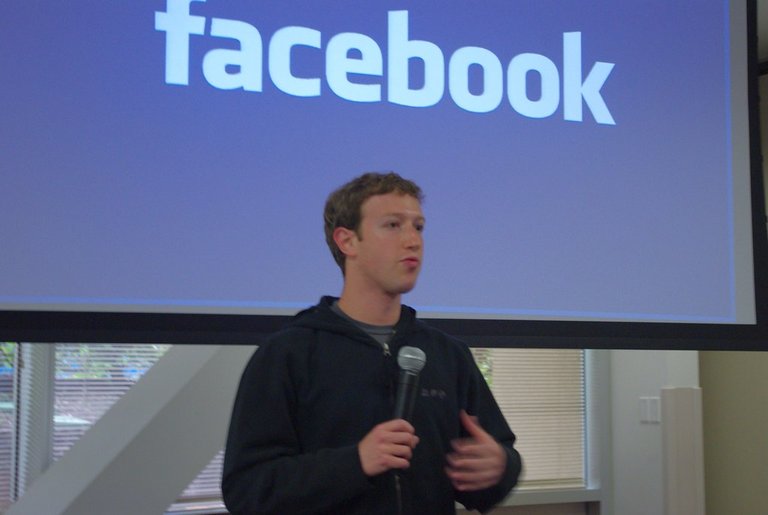
CEO Mark Zuckerberg says that, as a result, he expects that people will spend less time on Facebook.
Here we go: Facebook said on Thursday that it will start to show users more posts from their friends and family in the News Feed, a move that means people will see fewer posts from publishers and brands.
According to Facebook, the move is designed to encourage people to interact more with the stuff that they actually do see. The thinking is that you’re probably more likely to comment and discuss a post shared from a family member than one shared by a business you follow.
“Recently we’ve gotten feedback from our community that public content — posts from businesses, brands and media — is crowding out the personal moments that lead us to connect more with each other,” CEO Mark Zuckerberg explained in a post on Thursday.
Then he added something else surprising: Facebook expects the change will mean that people will spend less time using the service.
“Now, I want to be clear: by making these changes, I expect the time people spend on Facebook and some measures of engagement will go down,” he wrote. “But I also expect the time you do spend on Facebook will be more valuable.”
The announcement is huge for a couple of reasons:
It’s bad news for publishers who rely on Facebook for traffic, or a business who uses it as a form of organic marketing. Facebook is very clearly telling these businesses their content won’t spread as far in News Feed, and many publishers spend lots of time and resources creating stuff intended to do just that.
Facebook admitting that people will likely spend less time on Facebook has to be sour news for investors. The more time people spend on Facebook, the more ads they consume, and the more money Facebook can make. Less time, at least on paper, seems like it will correlate to less revenue.
For years, critics have blasted Facebook for reinforcing ideologies by showing users content and viewpoints they already agree with, creating a bubble mentality that some believe helped fuel the rise of certain hate groups such as the alt-right. Agents of Russia capitalized on this dynamic and used Facebook (as well as other outlets like Twitter and YouTube) to sow unrest in an attempt to manipulate the outcome of the U.S. presidential election.
It’s unclear, however, if these latest changes to News Feed would stem the spread of fake news, since users will still be able to share links to stories from almost any place, including conspiracy sites.
But Facebook says the reason for these changes come from a study it published last month, which found that people who aimlessly scroll through News Feed without interacting with the stuff that they see walked away feeling crummy.
The changes rolling out now are intended to encourage people to interact, which would theoretically help them walk away feeling less crummy.
“We feel a responsibility to make sure our services aren’t just fun to use, but also good for people’s well-being,” Zuckerberg continued. “The research shows that when we use social media to connect with people we care about, it can be good for our well-being.”
In other words, Facebook believes that it’s sacrificing short-term gain (more time spent) for long-term gain (happier users who will come back more often).
It’s a big gamble, in part because Facebook is bound to alienate a major set of users: Publishers that create a lot of the free content that appears on Facebook. The social network has a reputation for jerking these publishers around by routinely changing the algorithm, which in turn means publishers need to change the kind of stuff they make and share on the service.
But Facebook is clearly taking a stand: Personal connections trump publisher and business reach.
The news came out about an hour before Facebook formally announced it. A handful of publications, including Digiday and The Wall Street Journal, broke parts of the news in stories Thursday afternoon.
Hi! I am a robot. I just upvoted you! I found similar content that readers might be interested in:
https://www.recode.net/2018/1/11/16881160/facebook-mark-zuckerberg-news-feed-algorithm-content-video-friends-family-media-publishers